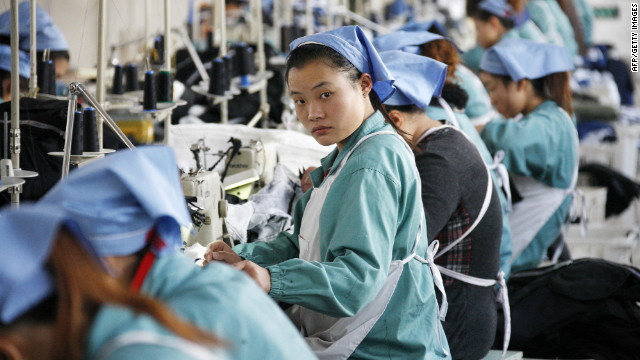|
While it is unwise for some G20 nations to break the say-no-to-protectionism pledge they made earlier in Washington last November and in London this April, it is even worse for self-defeating protectionism to be collectively disguised as "rebalancing the global economy." It is a red herring to divert the world's attention from the real issue, and will definitely undermine the coordinated efforts needed to pull the world economy out of its slump at this crucial moment. With the G20 gearing up for its summit in Pittsburgh this week, it is certainly not a coincidence that quite a few top officials of the US and the European Union are expressing their intent to make "rebalancing the global economy" the top priority of the meeting. The majority of the public globally is in consensus in favor of free trade and against protectionism. The call for global action against economic imbalance, instead of against protectionism, is suspicious. Global imbalance is a tricky issue. Imbalance has been narrowed somewhat in reaction to the financial crisis, due to the efforts of the emerging economies to shift from dependency on exports and to build domestic demand, and those of the developed nations to boost domestic savings and investment. But building a more "sustainable and balanced growth" model, as the Obama administration put it, will take a long time. And the first step should be boosting supervision of the financial sector. History shows that charges of imbalance can create new economic problems. Under a similar charge of "imbalance," Japan was pressured by Europe and the US to sign the Plaza Agreement in 1985. The accord helped reduce the US trade deficit, but served as a catalyst to Japan's asset price bubble of the 1980s and its economic downturn in the 1990s. The negative impact was so far-reaching that it can still be felt today. If the G20 is to build its credibility by strengthening the still-fragile economic recovery, it needs to set the agenda for the Pittsburgh summit by sticking to the root cause of the financial crisis ¨C "lack of supervision, abuse of the openness of the market, very risky levels of leverage, and too much speculation" in the Western financial market, as put by Zhou Wenzhong, China's ambassador to the US. Though the world economy is showing signs of recovery, protectionism has the devastating potential to derail that recovery. A strong commitment and joint action are needed by the G20 to continue reform of the financial system and institutions and to fight protectionism. Without that, sustainable and balanced growth will be a fantasy. |
|
Fighting protectionism key to sustainable growth
Updated: 2009-9-28 Source: Globe Times

Recommended News
Photo Gallery
Most Popular



